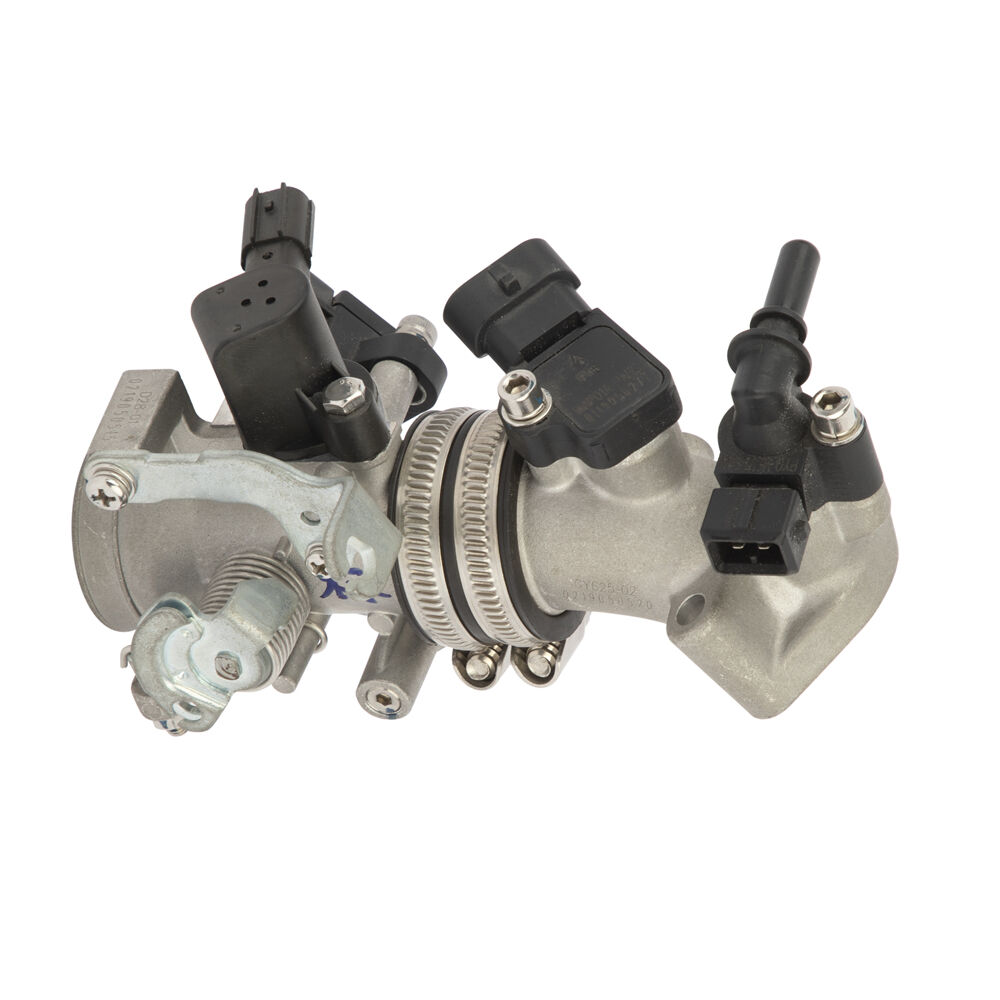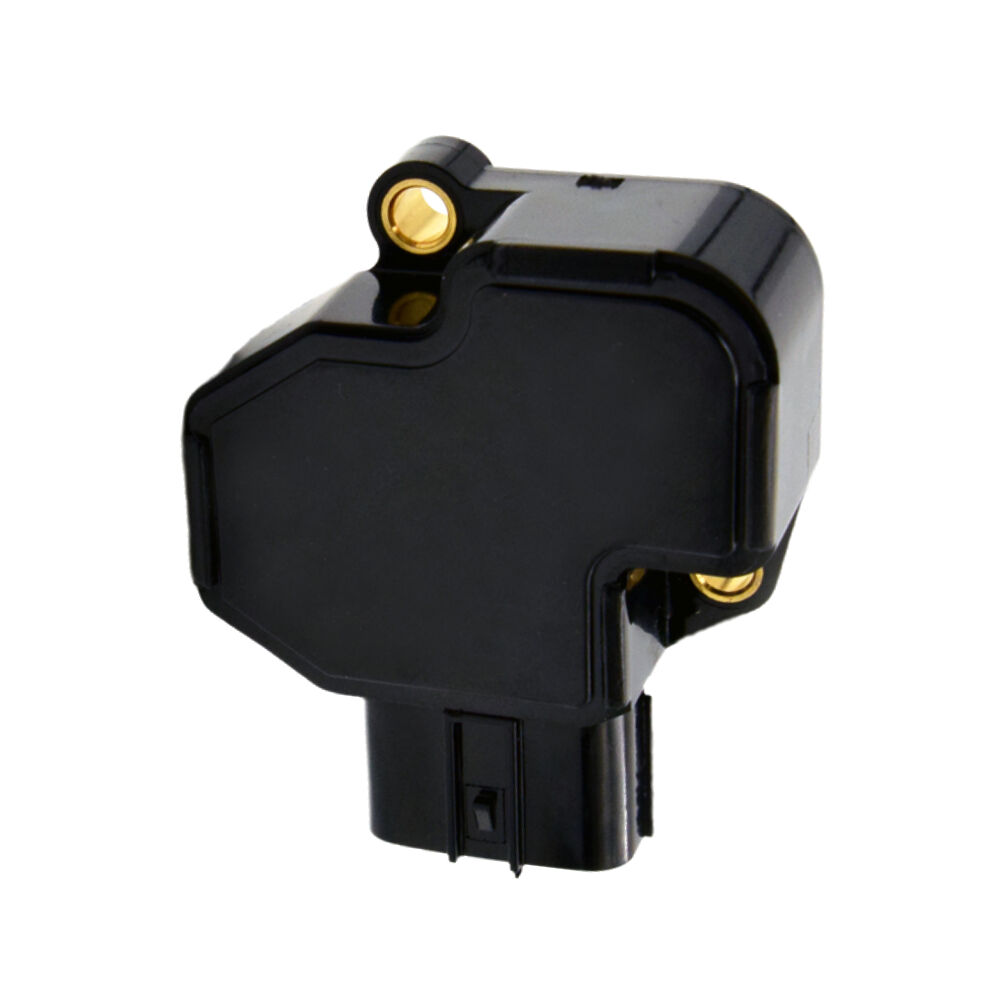temperature sensor for automotive engines
The temperature sensor for automotive engines is a critical component that continuously monitors and measures engine temperature to ensure optimal performance and prevent potential damage. This sophisticated device utilizes thermistor technology to convert temperature readings into electrical signals that the engine control unit (ECU) can interpret. The sensor is strategically positioned within the engine block or cylinder head to measure coolant temperature accurately. It plays a vital role in various engine management functions, including fuel injection timing, fan operation, and emission control. Modern automotive temperature sensors feature rapid response times and high accuracy levels, typically within ±1°C, enabling real-time temperature monitoring. These sensors are designed to operate reliably across a wide temperature range, from -40°C to +150°C, making them suitable for diverse operating conditions. The sensor's data helps the ECU adjust fuel mixture ratios, optimize engine timing, and control the cooling system, ensuring the engine maintains its ideal operating temperature. This technology has evolved to include enhanced durability features such as corrosion-resistant materials and robust electrical connections, ensuring long-term reliability in harsh engine environments. Additionally, many contemporary sensors incorporate self-diagnostic capabilities that can alert drivers to potential issues before they become serious problems.


